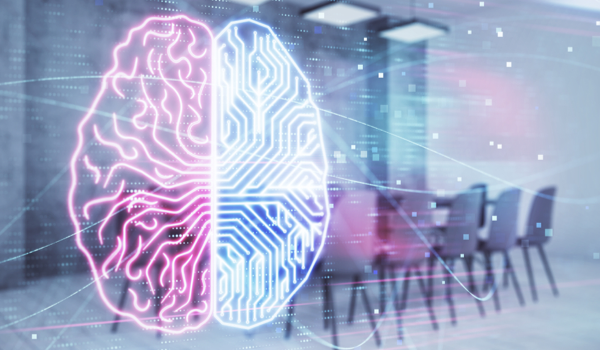


LONDON – Although the digital revolution is now decades old, there still is no global digital economic order. Instead, there are competing visions of digital capitalism, predominantly articulated by the United States, China, and the European Union, which have been developing their models for many years and are increasingly exporting them to developing and emerging economies. Absent more global alignment, the world could miss out on promising technological solutions to shared problems.
The question, of course, is what kind of alternative digital order is possible in today’s world. How can the Internet be reclaimed to serve citizens, rather than dominant political and economic interests? Realigning the incentives that drive the digital economy will not be easy. Still, recent policymaking efforts reflect demand for new forms of governance.
The OECD,1 e.g., is leading an effort to tackle international tax arbitrage, a favored practice among US Big Tech firms. At the same time, US President Joe Biden has appointed industry critics to lead key institutions such as the Federal Trade Commission, and he has directed regulators to investigate the problem of undue platform power in digital markets.
Similarly, the Chinese government has introduced a new Personal Information Protection Law and is presiding over a major domestic antitrust campaign to control the country’s exploding digital market. The European Union, building on its landmark General Data Protection Regulation, has advanced a more expansive ethics-led vision for governing data, digital markets, and artificial intelligence. Countries, e.g., such as Spain and Germany are now targeting the data-extraction business model directly.
Redefining AI, Data Agendas
Regulators and governing authorities around the world are considering how to redefine their AI and dat
The content herein is subject to copyright by Project Syndicate. All rights reserved. The content of the services is owned or licensed to The Yuan. The copying or storing of any content for anything other than personal use is expressly prohibited without prior written permission from The Yuan, or the copyright holder identified in the copyright notice contained in the content. Continue with Linkedin
Continue with Linkedin
 Continue with Google
Continue with Google







 1129 views
1129 views










